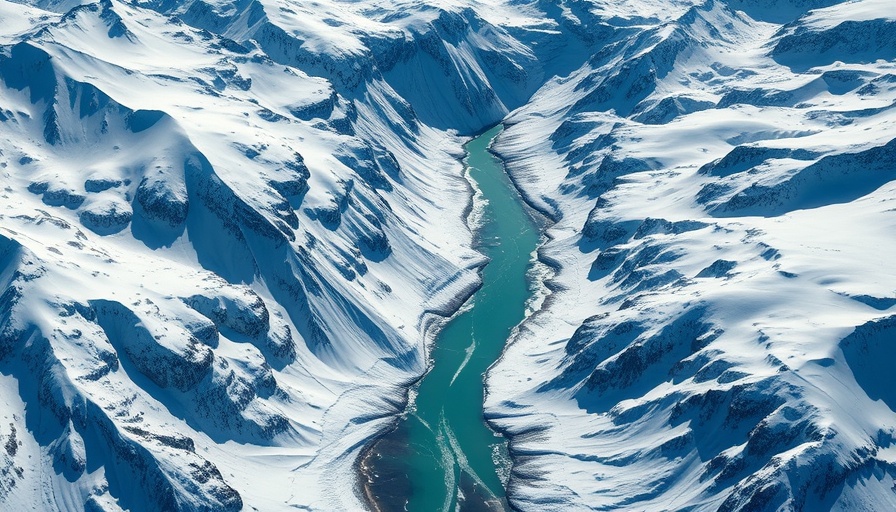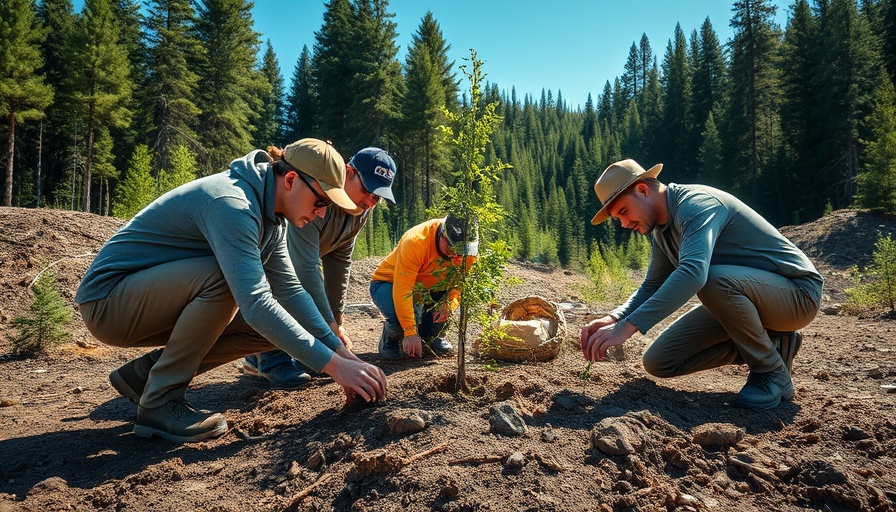
Unraveling Earth's Alarming Glacial Lake Floods in Greenland
In a groundbreaking study, scientists have for the first time observed a massive glacial lake outburst in East Greenland. Over 3,000 billion liters of water—an amount equivalent to several years of a nation’s water usage—gushed forth in a dramatic natural event. Researchers from the University of Copenhagen were able to meticulously monitor this event using satellite technology, providing critical insights into the forces unleashed by glacial meltwater.Known as a Glacial Lake Outburst Flood (GLOF), this phenomenon saw Catalina Lake release an enormous volume of water into Scoresby Sound fjord. Such events are becoming more frequent as global temperatures rise, underscoring the need for improved prediction and management strategies for these potentially catastrophic inundations.
The Historical Context of Glacial Flooding
GLOFs are not entirely new to scientists; however, their increased frequency is a recent concern. Historically, these floods have created dramatic natural events, but advances in technology now allow real-time observation and analysis. This historical understanding helps scientists draw connections between glacial behavior and climatic changes, shedding light on the scale and frequency of these floods.
Future Implications and Challenges
As Greenland’s ice sheets continue to retreat, experts predict that larger and more frequent GLOFs may occur. This prediction raises critical questions about how increased meltwater events will influence global sea levels and affect communities near glacial regions. As we navigate these changes, understanding the forces behind GLOFs becomes not just an academic exercise, but a crucial element of disaster preparedness.
Unique Benefits of Understanding GLOFs
For tech-savvy health enthusiasts, appreciating the science behind GLOFs is crucial. It offers insights into how environmental shifts affect global ecosystems and our health. With heightened awareness, individuals can embrace proactive strategies for environmental stewardship, enhancing both personal well-being and global health resilience.
 Add Row
Add Row  Add
Add 




 Add Row
Add Row  Add
Add 



Write A Comment